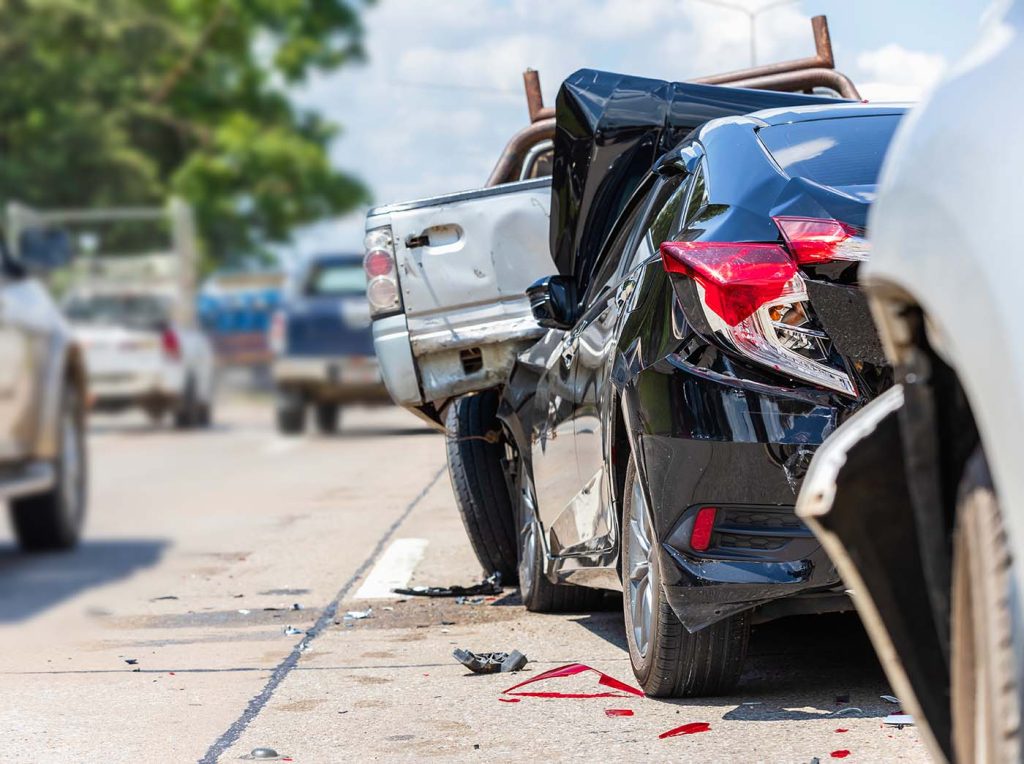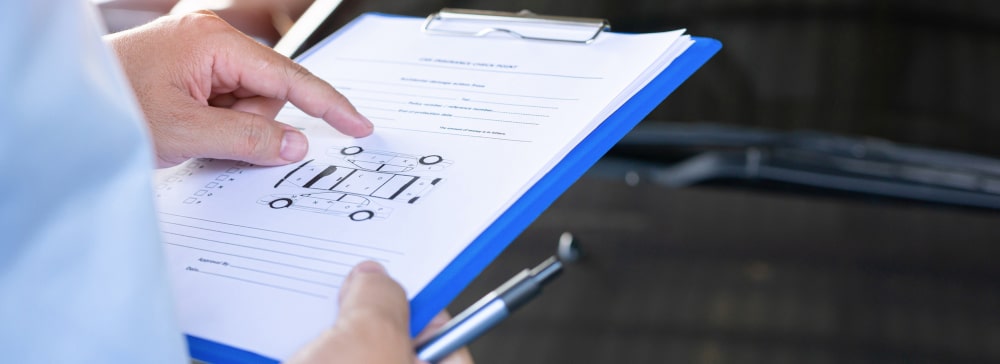There is no denying the convenience of companies such as Uber and Lyft. Millions use this service for late nights, important appointments, or commuting to work. Yet, rideshare vehicles are just as vulnerable to accidents as other cars on the road. However, unlike an accident in your own vehicle, it is far more complicated to recover compensation for your damages and losses.
An Arlington personal injury lawyer at the Patterson Law Group will protect your interests so you can receive the maximum compensation you deserve for your injuries. We also understand the complexities of multiple insurance companies inherent in rideshare accidents. Contact us today to request your free case evaluation.
Common Causes of Rideshare Accidents
Common causes of rideshare accidents include:
- Distracted driving
- Driving under the influence
- Failure to yield
- Speeding
- Traffic law violations
In addition, drivers may choose a congested pick-up area or wait where they are partially blocking off a main road or obstructing an intersection. This can be dangerous to other vehicles or pedestrians and is another cause of rideshare accidents.
Common Rideshare Injuries
Rideshare injuries do not differ from standard car accident injuries. These include:
- Back and neck injuries
- Broken bones
- Head trauma
- Lacerations
- Spinal cord injuries
Because rideshare passengers usually sit in the back seat, they are more likely to experience severe injuries than those in the front. That is because the rear seats of most vehicles do not have as many safety options.
Backseat passengers may also not be as diligent about wearing seatbelts as those seated in the front, especially on short trips.
Determining Fault and Insurance in Rideshare Accidents
When determining fault in rideshare accidents, there are several possibilities depending on the circumstances surrounding the collision.
If the Uber or Lyft driver was at fault, their insurance should cover the injured person’s medical expenses or damages–assuming they have a rideshare endorsement on their policy. If the insurance company was not informed that the driver was operating the insured vehicle as a rideshare, it may deny the claim.
Uber or Lyft may compensate the injured person via the company’s liability insurance policy for drivers. If another motorist is at fault, their insurance company should compensate the injured party.
Determining which party is at fault for the accident results from investigating the evidence, which may include:
- Police reports
- Eyewitness accounts
- Surveillance footage
Establishing Liability in a Rideshare Accident Claim
When establishing liability in a rideshare accident claim, much depends on the stage of the ride.
Three distinct phases take place during any rideshare:
1. The driver has logged into the rideshare app but has not accepted a ride request. If an accident occurs at this point, the driver’s insurance should cover liability. They are not working for Uber or Lyft during this timeframe.
2. If the driver accepts a request and is en route, they are now working for the rideshare company. If an accident occurs, liability depends on which party is at fault.
3. Once the passenger is in the car heading towards their destination, the driver is still working for the rideshare company. Liability still depends on who is at fault for the crash. If it is the rideshare driver’s fault, insurance provided by the company should cover injured parties.
Minimum Insurance Requirements for Rideshare Drivers Under Texas Law
Under Texas law, rideshare drivers must carry different minimum amounts of insurance depending on the phase of the ride.
- When the rideshare app is in use, and the driver is waiting for a ride, drivers must meet the state’s insurance requirements of $50,000 of bodily injury coverage per person injured in an accident and $100,000 in bodily injury coverage per accident. The minimum amount of property damage liability coverage is $25,000 per accident.
- During the second and third phases, the minimum liability coverage jumps to $1 million total for bodily injury and property damage per accident. Uber and Lyft almost always provide this coverage. Drivers also receive $1 million in uninsured or underinsured motorist coverage per accident if an uninsured or underinsured driver strikes them.
What to Do After a Rideshare Accident
As with any motor vehicle accident, document the circumstances surrounding the collision. Always call the police to report the crash. Get the names, addresses, and insurance information of the drivers involved.
Photograph the damage to vehicles along with their license plates. Take pictures of any injuries that occurred. If possible, collect the names, addresses, and contact information of any eyewitnesses. Seek immediate medical assistance.
Failure to receive prompt medical treatment can harm your claim. Insurers may allege that your injuries were not related to the accident. Go to the emergency room or an urgent care physician even if you do not think you were seriously hurt. Many car accident injuries are not immediately apparent, as the adrenaline rush after the collision can mask the pain of serious injuries.
Rideshare Accident Damages
Damages, or compensation, in a rideshare accident may include:
- Medical expenses, current and future
- Lost wages
- Loss of earning capacity
- Property damage
- Pain and suffering
However, remember that the goal of insurance companies is to limit or deny claims. An experienced Uber and Lyft accident lawyer will fight for a fair amount that covers all your damages.
Contact Our Arlington Uber & Lyft Accident Attorney Today
If you were injured in a rideshare accident, trust our experienced and dedicated team of Arlington car accident lawyers at Patterson Law Group. We are ready to maximize your recovery. Schedule a free, no-obligation consultation today. Because we work on a contingency basis, you pay no fee unless you receive compensation.
You May Also Be Interested In
Related Pages
- Arlington Car Accident Lawyer
- Arlington Distracted Driving Accident Lawyer
- Arlington Drunk Driving Accident Lawyer
- Arlington Fatal Car Accident Lawyer
- Arlington Highway Accident Lawyer
- Arlington Passenger Injury Lawyer
- Arlington Rear End Car Accident Lawyer
- Arlington Rollover Accident Lawyer
- Arlington Side Impact Car Accidents Lawyer
- Arlington Whiplash Injury Lawyer






